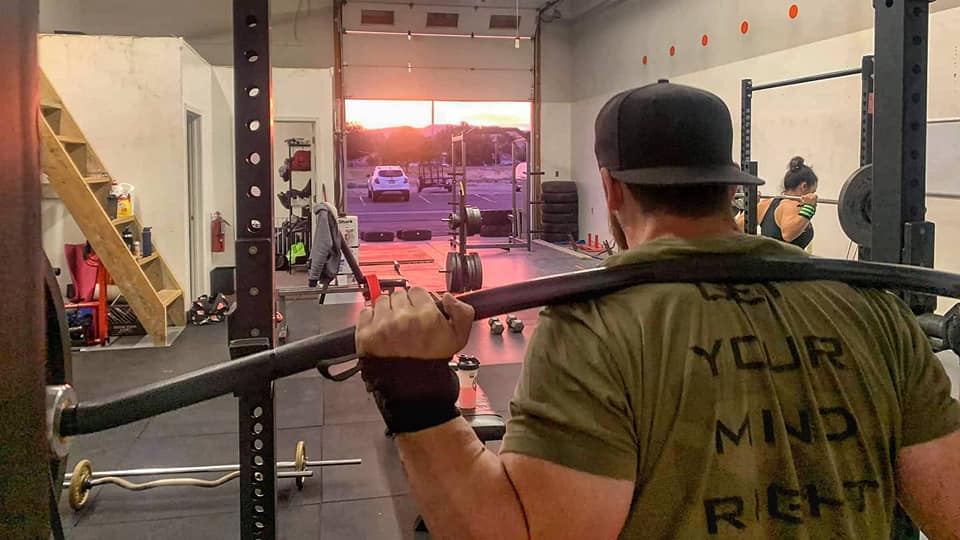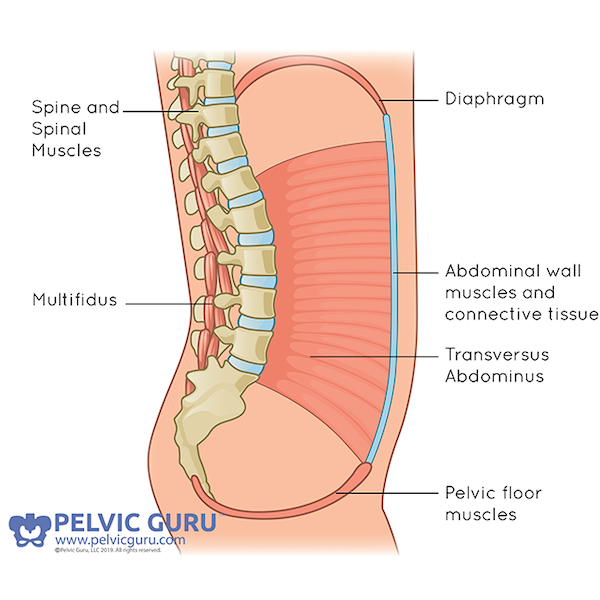- ​Weakness- This is most common. The pelvic floor muscles are not strong enough to combat the increased pressure/load on them. For athletes that have had a baby, injury or surgery, this is the most likely cause of their leakage
- Lack of coordination- some people have strong muscles, but they may not be turning on or off at the right times during exercise to prevent leakage
- Tightness- Muscles that don’t relax well can’t be strong if they exist in a shortened position. For many active individuals (especially those that also have pelvic pain) the main issue is that their muscles must learn to fully relax before they are able to get stronger
Yes and no- You absolutely should continue doing the exercise that you enjoy, and it is generally safe for women to continue with high intensity exercise even with leakage, but it is not normal to leak during activity. Specific exercises provided by a physical therapist can target the cause of leakage so that you can get back to the activities you enjoy without leakage or pelvic heaviness. It is much less likely for men weightlifting to experience leakage, but without a high functioning deep core and pelvic floor, men are at much higher risk for hernia.Â
The most common hernias are umbilical (belly button) and inguinal (groin).
These occur when pressure in the abdomen (caused by straining, holding your breath, forceful coughing, or heavy lifting) pushes a portion of the intestine through a weak portion of the abdominal wall.
- Ensure you have a strong deep core, including Transverse Abdominis that you can reliably activate during lifts
- “Exhale on the effortâ€- make sure that you are not holding your breath to hold your core rigid
- Know the signs of a hernia- painful spot on anterior abdomen or groin, lump you can feel. Seek help immediately if you have a lump that is red or warm
- Find a physical therapist that can work with your goals to ensure that your core is functioning well.




Great article! How can I share this on my FB?
Thanks Jayden! Just copy this link and paste it into your FB post and it will show up :-): https://www.highlandtherapy.com/tips-advice/how-does-lifting-affect-your-pelvic-floor
I never took into account the fact that pressure in the abdomen can cause hernias wherein a portion of then intestine will be pushed to a weak portion of the abdominal wall. I guess I should suggest to my sister that she look for a pelvic floor physiotherapy treatment as soon as possible. She said that she has been experiencing leaks now that she is in her 30s.